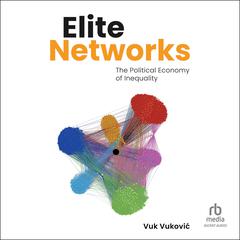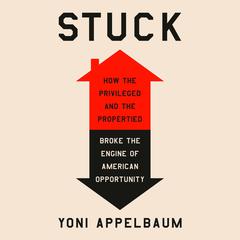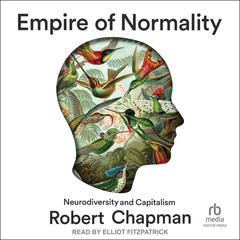 Play Audiobook Sample
Play Audiobook Sample
The Capital Order: How Economists Invented Austerity and Paved the Way to Fascism Audiobook
 Play Audiobook Sample
Play Audiobook Sample
Quick Stats About this Audiobook
Total Audiobook Chapters:
Longest Chapter Length:
Shortest Chapter Length:
Average Chapter Length:
Audiobooks by this Author:
Publisher Description
For more than a century, governments facing financial crisis have resorted to the economic policies of austerity—cuts to wages, fiscal spending, and public benefits—as a path to solvency. Today, an important question remains: What if solvency was never the goal?
In The Capital Order, political economist Clara E. Mattei explores the intellectual origins of austerity to uncover its originating motives: the protection of capital—and indeed capitalism—in times of social upheaval from below.
Mattei traces modern austerity to its origins in interwar Britain and Italy, revealing how the threat of working-class power in the years after World War I animated a set of top-down economic policies. Where these policies "succeeded," relatively speaking, was in their enrichment of certain parties who accumulated power and capital at the expense of labor. Here, Mattei argues, is where the true value of austerity can be observed: its insulation of entrenched privilege and its elimination of all alternatives to capitalism.
Drawing on newly uncovered archival material, The Capital Order offers a damning account of the rise of austerity—and of modern economics—at the levers of contemporary political power.
Download and start listening now!
The Capital Order Listener Reviews
Be the first to write a review about this audiobook!
About Susan Ericksen
Susan Ericksen is an actor and voice-over artist. She has been awarded numerous AudioFile Earphones Awards as well as the prestigious Audie Award for best narration. As an actor and director, she has worked in theaters throughout the country.






















